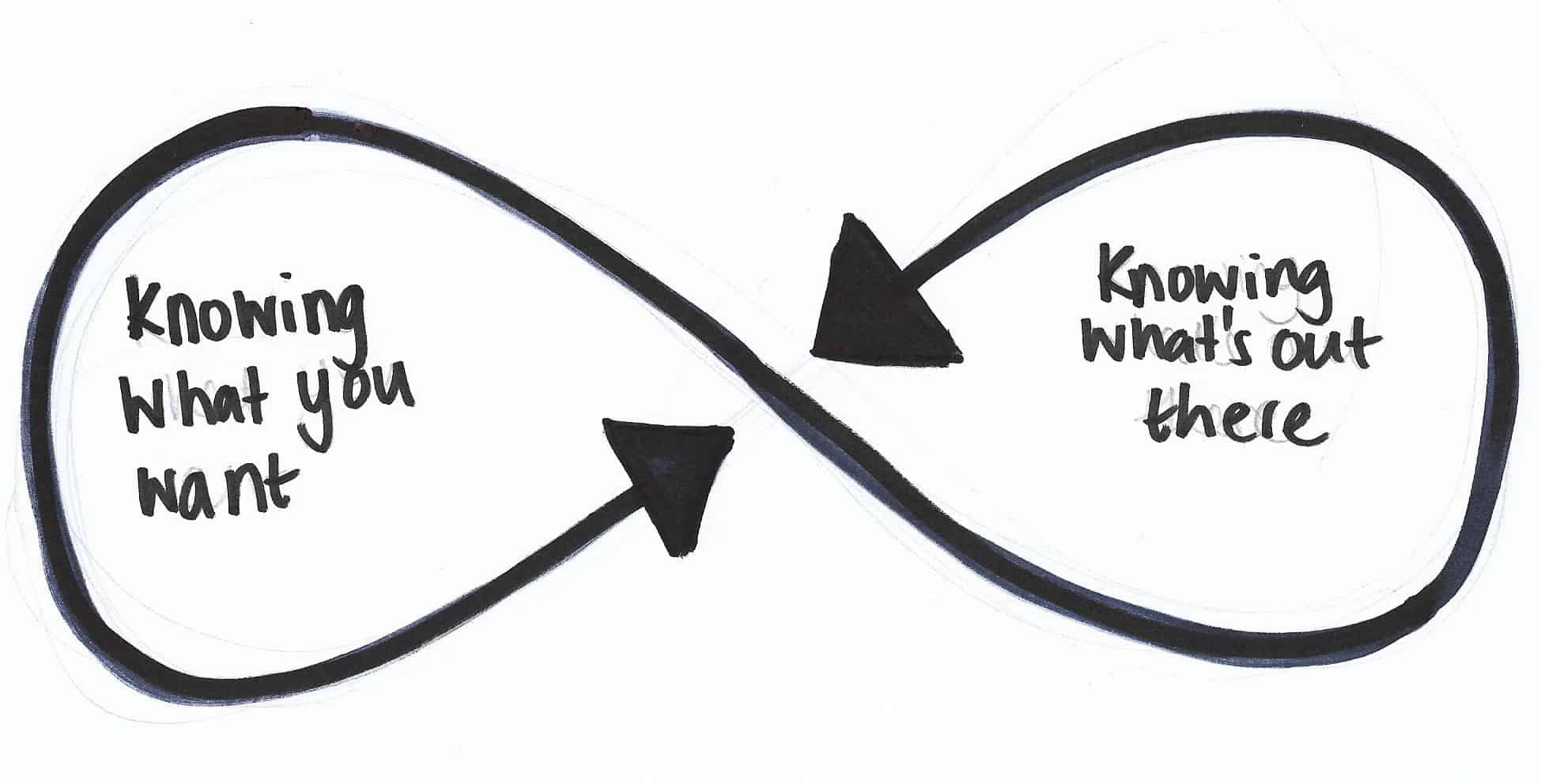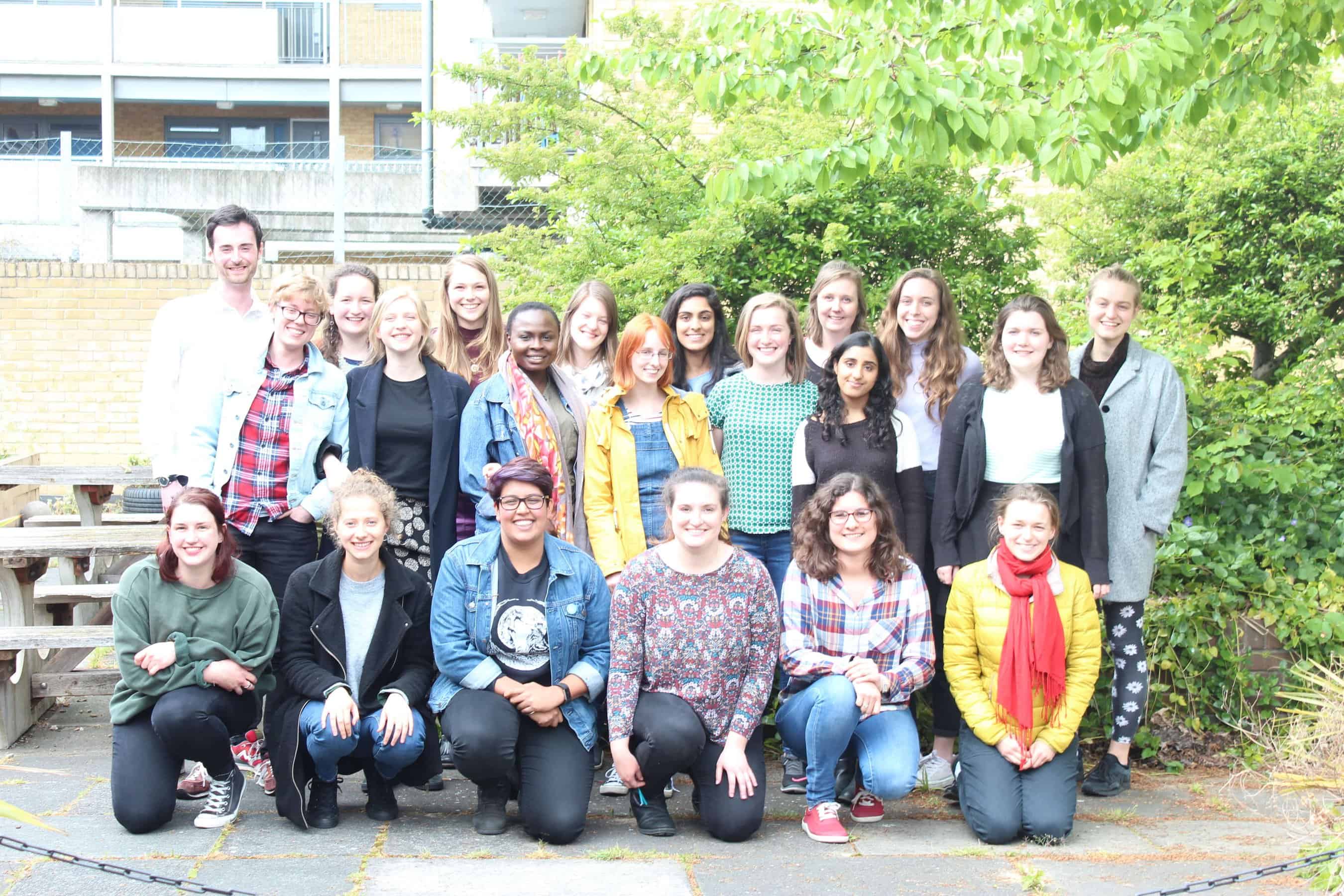So many of us hope that at some point in our three (or more) years at university, the penny will drop and we’ll know. Know what job or career we’d like to pursue upon graduation. The questions from older relatives and concerned parents will cease. We’ll feel comfortable around those friends and peers that have it all sorted out. We’ll divert our energies from ruminating to the focused pursuit of the right role.
This was most definitely the case for me. I needed to work out what to do with my degree once I had it. While I loved my course and I know I developed a great number of skills through studying, it didn’t seem to be leading to anything I wanted to dedicate time to after graduation.
So, what’s a person to do?
Here’s my theory: thinking incredibly hard about it is not going to reveal the answers you need. Though careers research is really important – time on job websites and going to fairs is time well spent – it can only tell you half the picture.
We use the idea of ‘knowing what you want’ and ‘knowing what’s out there’ when we support our graduates to develop their career strategies at Worthwhile. We believe that career thinking comes down to this: you need to know what you want and how it compares to what’s out there. You need to know what’s out there and which options appeal to you.

Careers research will help you to learn what’s out there, and reflecting is a crucial way to figure out what you want. But in order to do this, you need something to reflect on. You have to practically try things out to know if you want to dedicate some 2000 hours a year to working in that area.
I propose that you divert the time you’d spend wondering and worrying about your career to volunteering. It will be miles better for your mental health. It will allow you to gain skills and demonstrate them to future employers. It’s also an excellent way to work out what you want and what you’re capable of, while doing good. It’s a win-win-win-win.
Volunteering has many advantages for developing career know-how. It’s less competitive and more flexible than traditional internships, which are so often touted as the route to fulfilling work. It’s also diverse, as roles range from science tutor to youth mentor to charity consultant. Whatever you’re interested in, there’s probably a society, SU position, volunteer programme or community group you could contribute to. Even better, you don’t need lots of qualifications and experience to start doing interesting and challenging work.
So, whether you have several years left of your course or 6 months to gain some experience, I urge you to find a couple of hours a week to challenge yourself. Volunteering is a brilliant way to learn more about what you want from your career.
If you’re a finalist looking for a role in social impact, applications to Worthwhile’s charity and social enterprise graduate scheme are open now. Head to the website to find out more.

